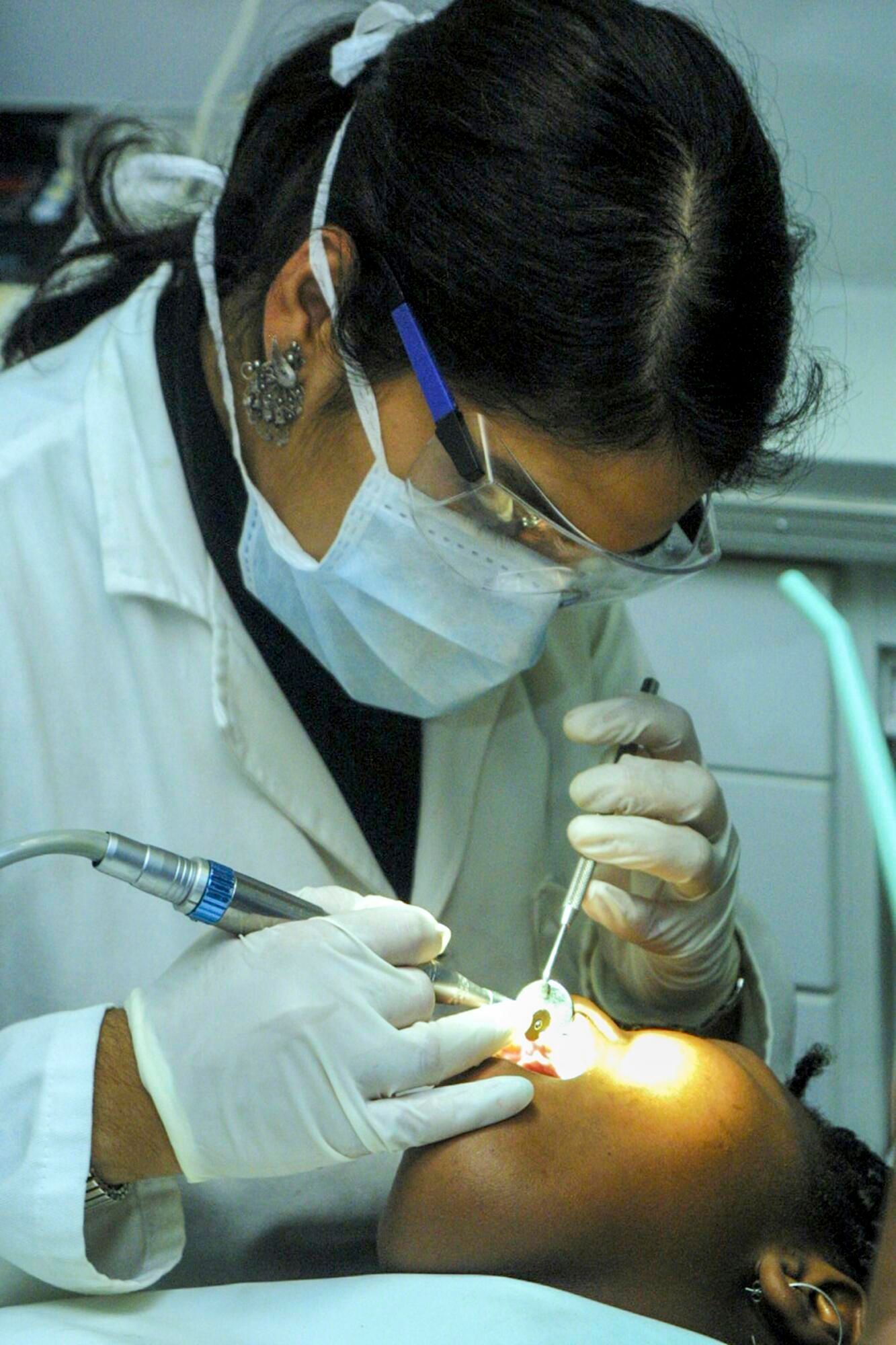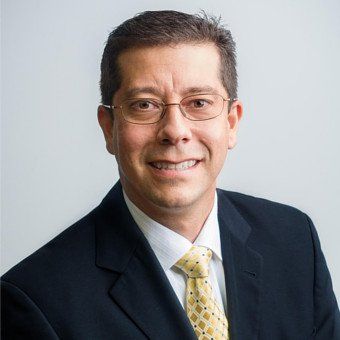There are several things you need to bring up if you want to find the best oral surgeon in Lutz, FL. Learn more about these questions right here.
Do you have a sore, aching tooth that requires extraction? Maybe you need to have a dental implant placed.
Regardless of the oral surgery procedures you're scheduling, it's essential to find an experienced surgeon.
Read on to discover the eight questions you should ask before choosing an oral surgeon in Lutz, FL. Asking these questions will ensure you find the best surgeon based on your needs. They'll help you maintain healthy teeth and a beautiful smile with top-notch services.
Start your search for an oral surgeon today!
1. Where Did You Graduate?
If you want to find the best oral surgeon in Lutz, look for experts in their field. Confirm they have the proper education and training based on your needs.
During your search, confirm each dentist has graduated from an accredited institution. After graduating, they should complete another four to six years of surgical and anesthesia training. Someone with hands-on training is less likely to make mistakes.
Ask for proof of their credentials before scheduling your oral surgery. Confirm they have an active license to practice in Florida. Make sure they have board certifications in both oral and maxillofacial surgery.
Otherwise, determine if they have a dual degree in medicine and dentistry. Learn more about the classes they completed as part of their education and training.
Before choosing an oral surgeon, note when they graduated. If it was a few decades ago, make sure they continued their education over time.
These oral surgeons keep up with new technologies, procedures, and techniques. Using the latest tools and techniques can speed up a patient's healing process. If the dentist uses outdated methods, remove them from your list of options.
Ask each oral surgeon about the technologies and techniques they use. Determine when they last updated their technology.
Finding someone with the necessary training can give you peace of mind. Knowing they're qualified could ease any dental anxiety you're experiencing.
2. How Long Have You Practiced?
The oral and maxillofacial surgery industry is continuing to grow. Between 2021 and 2031, employment growth could reach almost 5%. As new surgeons enter the industry, it's important to prioritize experienced oral surgeons.
Determine how long each oral surgeon has practiced in Florida. Ask how long they've owned their own practice.
An established practice is more likely to avoid operational issues. You won't have to experience problems with scheduling or payment. A new practice, however, may still need to get its footing in the industry.
Learn more about the oral surgeon's experience based on the procedure you're scheduling. Ask how often they perform that procedure. What's their success rate?
Try to find an oral surgeon with at least a decade of experience or a practice that's been open for at least five years. Look for other credentials that may speak to their experience and expertise.
Determine if the surgeon is a member of the American Association of Oral and Maxillofacial Surgeons. Otherwise, look for memberships that allow them to continue improving as a member in their field.
3. What Oral Surgery Procedures Do You Offer?
Before choosing an oral surgeon, ask about the oral surgery procedures they offer in the office. For example, they may offer:
- Wisdom teeth procedures
- Tooth extractions
- Sedation
- Emergency oral surgery
- Facial cosmetic surgery
- Oral cancer
- Dental implant surgery
Has the surgeon completed the procedure you're scheduling in the past year? A significant number of American adults still struggle with advanced illnesses that require oral surgery. Look for a surgeon that offers a range of services.
4. Do You Offer Sedation Services?
Before surgery, ask about the sedation or anesthesia options the practice offers. Your surgeon should review the pros and cons of each option.
Conscious sedation involves taking a pill orally that will make you feel drowsy. Local anesthesia involves a topical numbing agent or injection.
Ask if you'll need someone to pick you up after the procedure. If you receive IV sedation or general anesthesia, you'll likely need a ride home. Effects should fade after a few hours.
5. How Long is Recovery?
Learn more about the recovery process before scheduling your procedure. Ask how long the recovery timeframe is for patients. You may need to take time off for work or school.
Ask your oral surgeon how you can speed up your recovery process. They'll give you a list of do's and don'ts to follow.
6. Are There Risks?
Before scheduling your procedures, determine what risks are involved. There are always some risks involved when you go under the knife. For example, you may experience complications due to excessive bleeding or anesthesia.
Risks related to oral surgery are usually low. However, you should still prepare yourself.
7. Can You Provide Reviews?
Ask each oral surgeon if they can provide patient reviews and references. Reading reviews will help you find a surgeon with a glowing reputation. You could feel reassured finding a surgeon other patients have trusted in the past.
Look for comments about the surgeon's bedside manner and professionalism. If you see multiple complaints from patients, remove that surgeon from your list of options.
Ask if you can see before and after photos of the procedure you're scheduling. Make sure the results meet your expectations.
8. How Much Do Your Services Cost?
Once you determine which oral surgery procedure you need, talk to the surgeon about their pricing. Determine if your insurance will cover all or a portion of the procedure. If not, ask the practice if they offer financing options.
Finding an oral surgeon who accepts your insurance coverage could save you thousands of dollars out of pocket. Ask about the payment options they offer.
Compare prices between three local oral surgeons to recognize the average cost of the procedure. If one surgeon's pricing is dramatically higher than the rest, ask why.
Find Your Oral Surgeon in Lutz, FL
Choosing an oral surgeon shouldn't feel complicated. Instead, ask these questions to find the best oral surgeon in Lutz, FL. Finding an experienced surgeon will ensure better results and reduce the risk of complications.
Want to streamline your search for the best oral surgeon? The team at Tersa Oral and Facial Surgery has served Tampa Bay residents for over seven years. Contact us now to schedule your consultation appointment.




